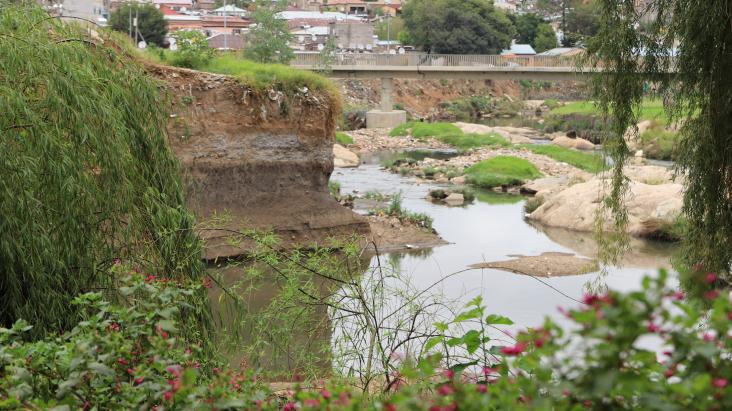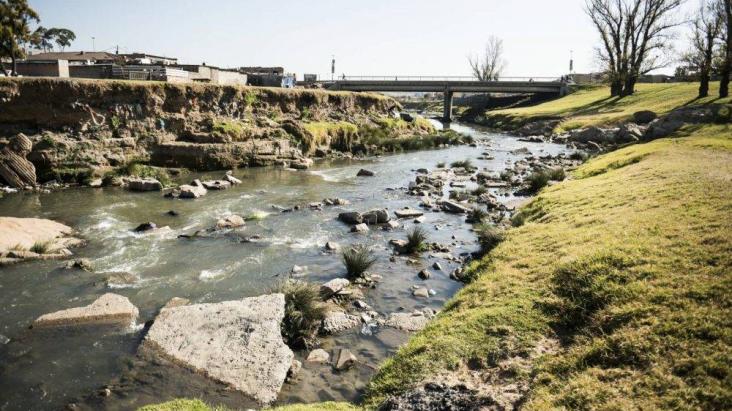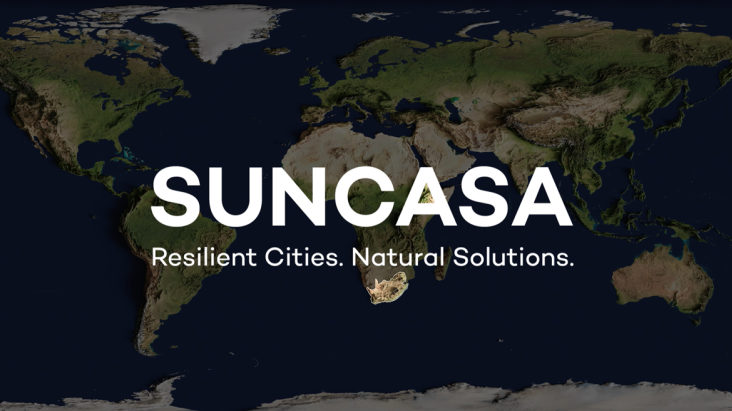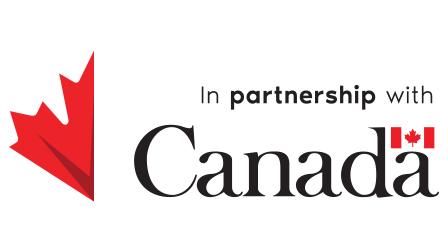SUNCASA
Kobcinta Xalka Ku Saleysan Dabiiciga ee Magaalooyinka (NbS) si Loogu Waafajiyo Isbeddelka Cimilada ee Afrikaka Hooseya dhulka lama deeganka (SUNCASA) waa mashruuc socon doona muddo 3 sano ah. Ujeedkiisu waa in la xoojiyo adkeysiga, sinnaanta jinsiga, ka mid noqoshada bulshada, iyo ilaalinta noolaha dabiiciga ah ee magaalooyinka Itoobiya, Ruwanda, iyo Koonfur Afrika.
SUNCASA waxa uu uga faa’iideyn doonaa 2.2 milyan oo qof oo ku nool meelaha halista weyn ay ka jirto fatahaadaha sida Dir dhaba (Itoobiya), Kigali (Ruwanda), iyo Johannesburg (Koonfur Afrika). Mashruucan waxa uu maalgelin ka helayaa Global Affairs Canada iyada oo loo marayo barnaamijka Partnering for Climate, waxaana fulin doona IISD iyo World Resources Institute, iyada oo lala shaqeynayo ururo maxalli ah oo fara badan. Waxqabadyada NbS ee u badan dhinaca bulshada waxaa ka mid ah dib u soo celinta iyo ilaalinta aagagga biyaha kor uga yaalla magaalooyinka iyadoo la adeegsanayo agroforestry, abuurka dhir cusub, iyo beeridda geedo magaalada dhexdeeda ah .
Magalooyinka

Dire Dawa
SUNCASA wuxuu dib u soo celin doonaa aagga biyaha ee Webiga Dechatu ee Dire Dawa, Itoobiya, si loo yareeyo khatarta fatahaadaha, nabaad-guurka, iyo yaraanta biyaha magaalada, taas oo ka faa'iideysan doonan in ka badan 200,000 oo qof.

Kigali
Kigali, Ruwanda, SUNCASA wuxuu dib u soo celin doonaa aagag yar yar oo biyaha qabta ee webiga Nyabarongo, taas oo yareyn doonta khatarta fatahaadaha, daadadka, iyo nabaad-guurka dhulka, iyada oo adkeyneysa nolasha 975,000 oo qof.

Johannesburg
SUNCASA ee Johannesburg, Koonfur Afrika, wuxuu dib u soo celin doonaa aagga biyaha ee Webiga Jukskei isagoo ka saaraya noocyada shisheeyaha ee weerarka ah iyo abuurka dhir cusub, taas oo yareyn doonta fatahaadaha iyo hagaajin doonta amniga biyaha ee 1.045 milyan oo qof.
Warar iyo dhacdooyin

Tackling flash floods, urban heat, and other climate change threats in three sub-Saharan African Cities
A new project will use solutions found in nature to improve the resilience of 2.2 million people in Dire Dawa (Ethiopia), Kigali (Rwanda), and Johannesburg (South Africa).

The New Times | Becoming a city in the forest: Catalyzing Kigali’s climate resilience through nature
By 2026, SUNCASA aims to enhance the resilience of 975,000 Kigali residents while promoting gender equality, social inclusion, and biodiversity protection.

WRI | Three Takeaways on Green Infrastructures and Nature-Based Solutions for Urban Resilience
IISD and ICUN recently highlighted SUNCASA in the fifth installment of the NAbSA Dialogue Series. This series takes an in-depth look at NbS and climate adaptation, covering topics such as how to incorporate gender equality into NbS, the importance of biodiversity and ecosystem evaluation.

Alex News | Canada’s foreign affairs minister visits Jukskei River in Alex
Canada’s minister of foreign affairs, Mélanie Joly, visited the Jukskei River on August 22 to view the progress of its government-funded work being done by the Alexandra Water Warriors. The project is significant as it aligns with the city’s water security strategy, which aims to create resilient, liveable, and sustainable urban water environments, and foster a water-conscious society.

Mail & Guardian | Alexandra Water Warriors are reviving Joburg’s Jukskei River
As one of the city’s largest rivers, the Jukskei’s roughly 50km course inexorably marks it as a casualty of Johannesburg’s rapid urbanisation. Its deeply eroded waterways have long been a repository of the city’s sewage, stormwater, litter, industrial waste and building rubble. But through the work of the community-based Alexandra Water Warriors, the healing and restoration of the blighted river is under way. (Photo: Delwyn Verasamy| M&G)

Video: SUNCASA | Resilient Cities. Natural Solutions.
The SUNCASA project is a 3-year initiative aiming to revitalize critical watersheds in Dire Dawa (Ethiopia), Kigali (Rwanda), and Johannesburg (South Africa), by implement gender-responsive nature-based solutions (NbS) such as agroforestry, afforestation and reforestation, buffer zone creation, alien invasive species removal, and urban tree planting.






